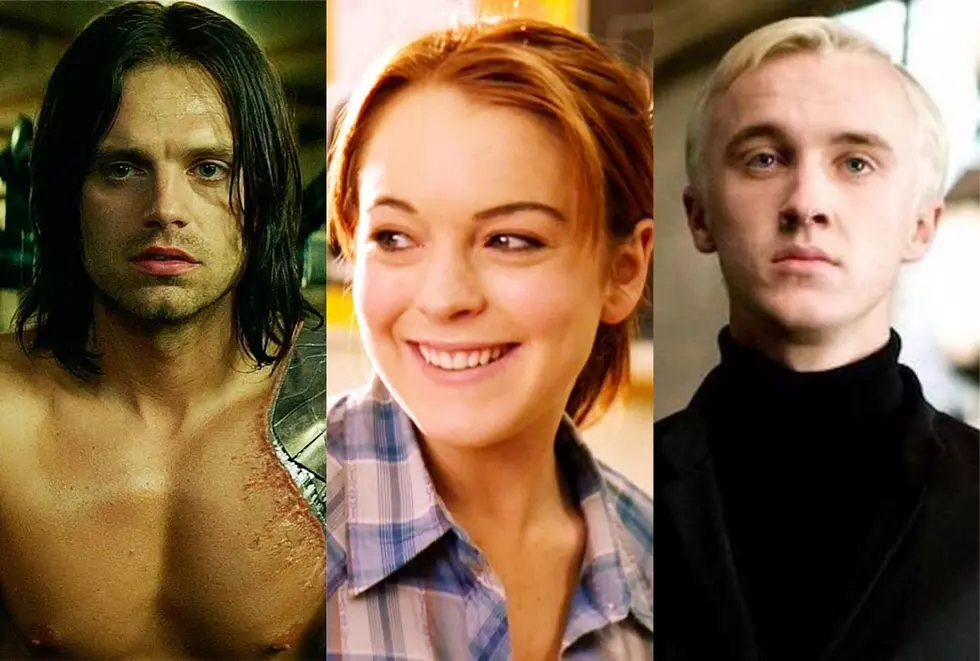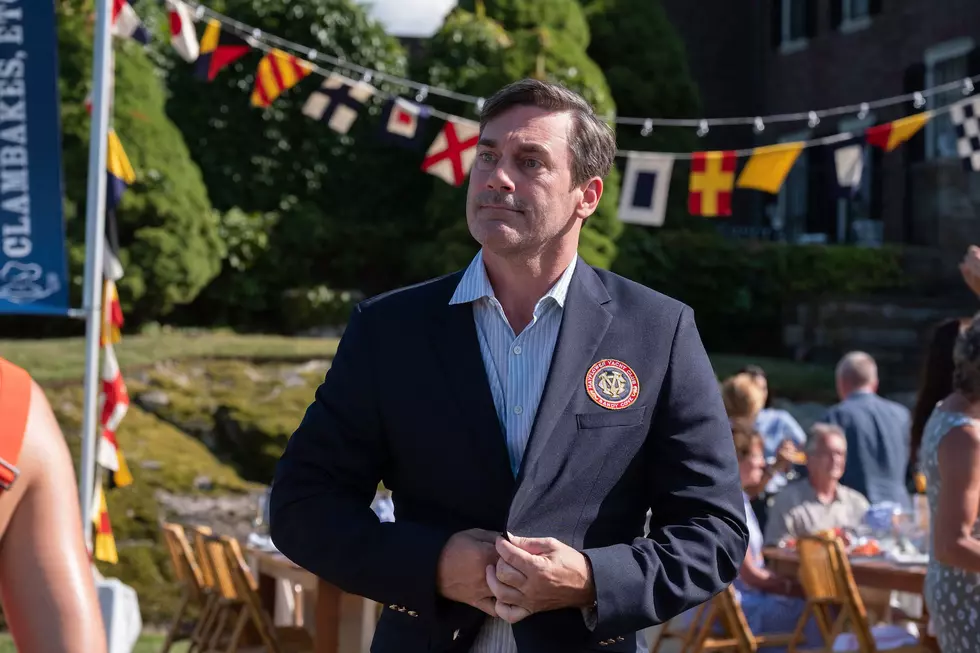
‘Baby Driver’ Review: Another Great Hit for Edgar Wright’s Collection
You know an Edgar Wright film when you see one, even if Simon Pegg isn’t nearby — the distinctive sense of heartfelt humor, the impressive editing, and the predictably awesome soundtrack, all working in time to deliver a film that’s remarkably poignant for such a well-oiled machine. Baby Driver might not be quite what you’re expecting from the director of Scott Pilgrim and Shaun of the Dead, and yet it’s entirely what you’re hoping to see. Despite some of its unexpected qualities and low-key visual style, it is perhaps the most Edgar Wright film to date.
Baby Driver, Wright’s first-ever solo screenplay, is a thrilling and original cinematic joyride that pays homage to heist masterpieces while creating a legacy of its own. 20 years from now, young directors will pay homage to Wright’s fifth movie, which reaffirms his standing as one of our most valuable and inventive filmmakers. Few others possess his keen understanding of classic cinema and the ability to re-contextualize those tropes in a contemporary setting; it’s novel familiarity unburdened by nostalgia.
All of which is to say that although the basic story is instantly recognizable, the way it’s told is not. Ansel Elgort plays a young and incredibly talented getaway driver indebted to a powerful criminal (Kevin Spacey) and eager to get out of the game so he can be with the girl he loves (Lily James). But just when he thought he was out, Baby (yes, that’s really his name, B-A-B-Y) is pulled back in for one last job that threatens to destroy his happily ever after. It’s just as much a junior version of Walter Hill’s The Driver as it sounds (Hill even has a clever cameo), but Wright also pulls inspiration from iconic films like Point Break and Heat (complete with overhead nighttime highway shots that would make Michael Mann proud).
But what truly sets Baby Driver apart from its predecessors (and it is definitely a worthy successor), is that it is essentially a musical — a far better one, in fact, than La La Land. Wright has built individual scenes around specific songs before, but the entirety of Baby Driver is, like the eponymous hero, driven by the beat of its expertly curated diegetic soundtrack. That conceit is much more nuanced than you might expect; this isn’t a 113-minute music video, and it’s not packed with big showy dance numbers, but it is just as carefully synchronized. Choreographer Ryan Heffington, best known for his work with Sia, collaborated with stunt coordinator Darrin Prescott (the John Wick films) to create a unique physical style that is subtly distinctive. Because music and timing are such a huge part of the film’s attitude, Wright wisely exercises restraint with visual flair. For all of that effort, the end result feels surprisingly effortless.
And timeless. Wright relies on an eclectic music mix, but smartly avoids anything that’s too current, making it difficult to peg Baby Driver to any specific moment in time. The diner where Baby’s love interest Debora works could have been teleported from another era, while locations like post offices have been divested of modern technology.
It’s easy to get lost in the meticulous details, but even easier to get swept up in the film itself. The story is romantic and riveting, and, despite its classic influences, never formulaic. Wright’s charismatic cast deserves ample credit for their character work, including Kevin Spacey operating at a 10.5 on the 11-point scale as the eccentric crime boss, and Jon Hamm, Jamie Foxx, and Eiza Gonzalez as increasingly erratic and violent crooks — all of whom transform their respective characters into flesh-and-blood human beings, people you care about despite their bad behavior; people you want to see change and evolve and make it to the other side of that finish line.
That goes doubly so for Baby, a good-hearted kid with a particular set of skills who was orphaned following a tragic accident that left him with tinnitus (hence his reliance on music). Ansel Elgort gives a career-validating performance, easily his best to date, as the title character. Like his cinematic predecessors (and the best action and noir heroes), he’s stoic. Unlike those before him, Baby isn’t fatalistically romanticizing a life of crime, which he coveys by symbolically ditching a pair of eye-catching leather gloves. Baby lives in that world but doesn’t embolden it, while guys like those played by Foxx and Hamm — handsome, intimidating dudes with violent tendencies who wear cool jackets — most certainly do.
With Baby Driver, Edgar Wright is officially five-for-five, a rare accomplishment in filmmaking and one that basically guarantees his elevation to all-timer status. It’s going to be pretty easy to compile Wright’s own greatest hits when all of his hits are this great.
More From ScreenCrush









